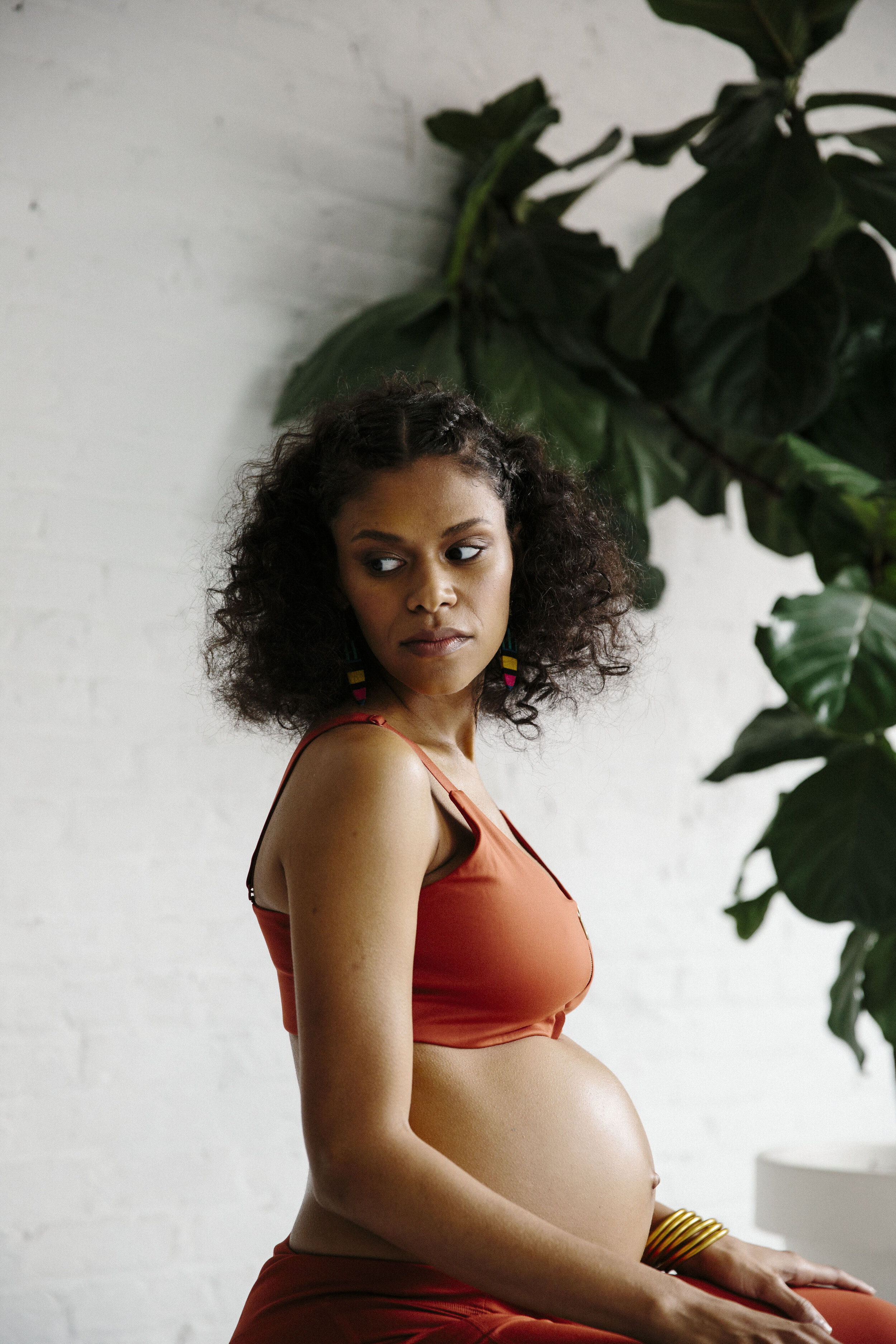Birthing While Black
April 2020
Dispatches from Day 30 of the current pandemic: on March 27, we hosted our first Digital Salon. The conversation centered on the experience of birthing while Black and how medical racism impacts our outcomes. The rate of deaths for Black people who give birth is 10.97 per 1,000 births—more than twice the rate for White, Asian, or Hispanic folks.
Our conversation helped unearth so many things. Here are a few key takeaways:
What is the difference between a Midwife and a Doula?
A midwife is someone whose training is akin to that of a nurse, while a doula doesn’t have formal obstetric training. Midwives come from a more medical background, while doulas support the birthing person as an advocate for mental and emotional health, pre-and post-birth.
How does medical racism show up in the birthing process? Historically, Black bodies have been used—without permission—to advance medicine (see: J Marion Sims)
Medical racism and discrimination, and providers' unwillingness to uncover and dismantle their own internalized racism, make the healthcare system a dangerous place to be as a Black person and perpetuate the aforementioned higher death rate for Black people who give birth.
How do I advocate for myself as a birthing person and in a medical context in general?
Ask questions whenever something doesn't make sense. It's okay to want a full understanding of what you’re being told.
You have a right to change providers if you feel your care provider doesn’t have your best intention in mind, or you are uncomfortable with your provider for any reason.
Having a friend, family member, or doula present if you’re giving birth helps you to have added support for advocating for yourself.
Literary Resources
They Were Her Property by Stephanie E. Jones-Rogers
Medical Apartheid by Harriet A. Washington
Killing the Black Body by Dorothy Roberts
The Women Who Caught the Babies by Eloise Greenfield and Daniel Minter
Opportunities for Direct Giving
Ancient Song Doula Services

